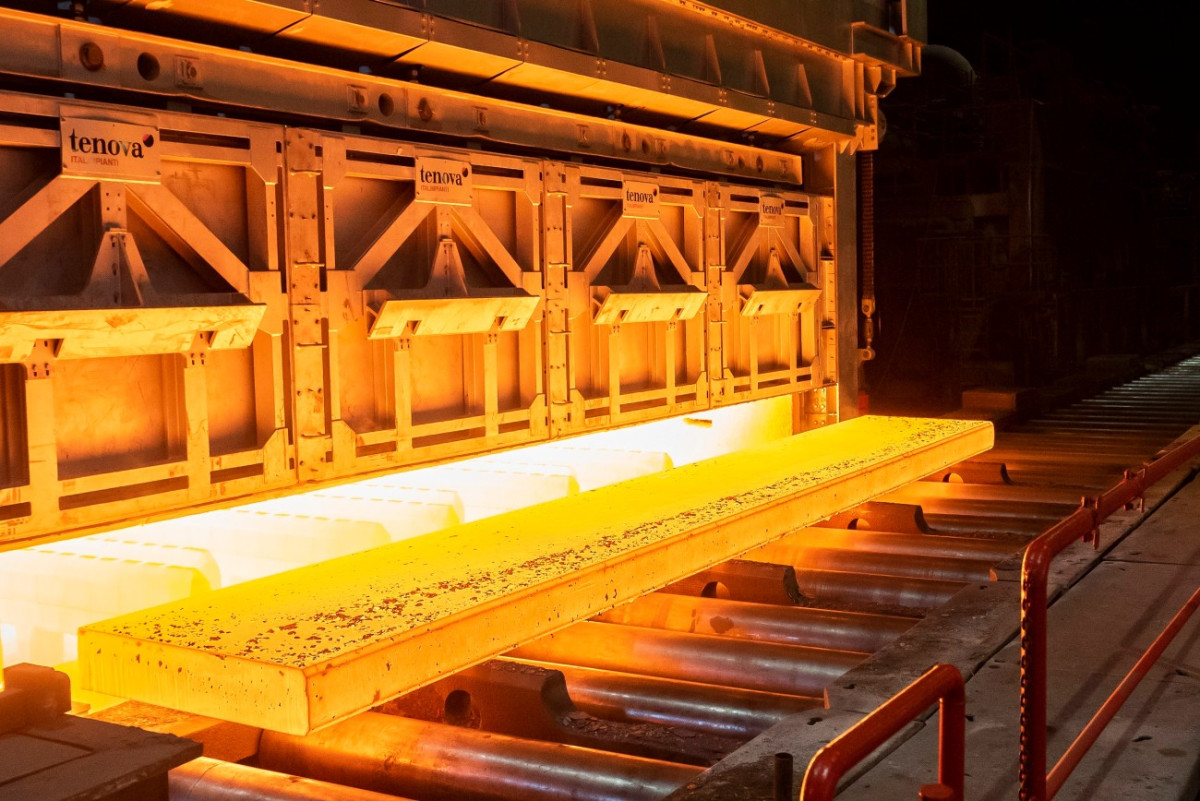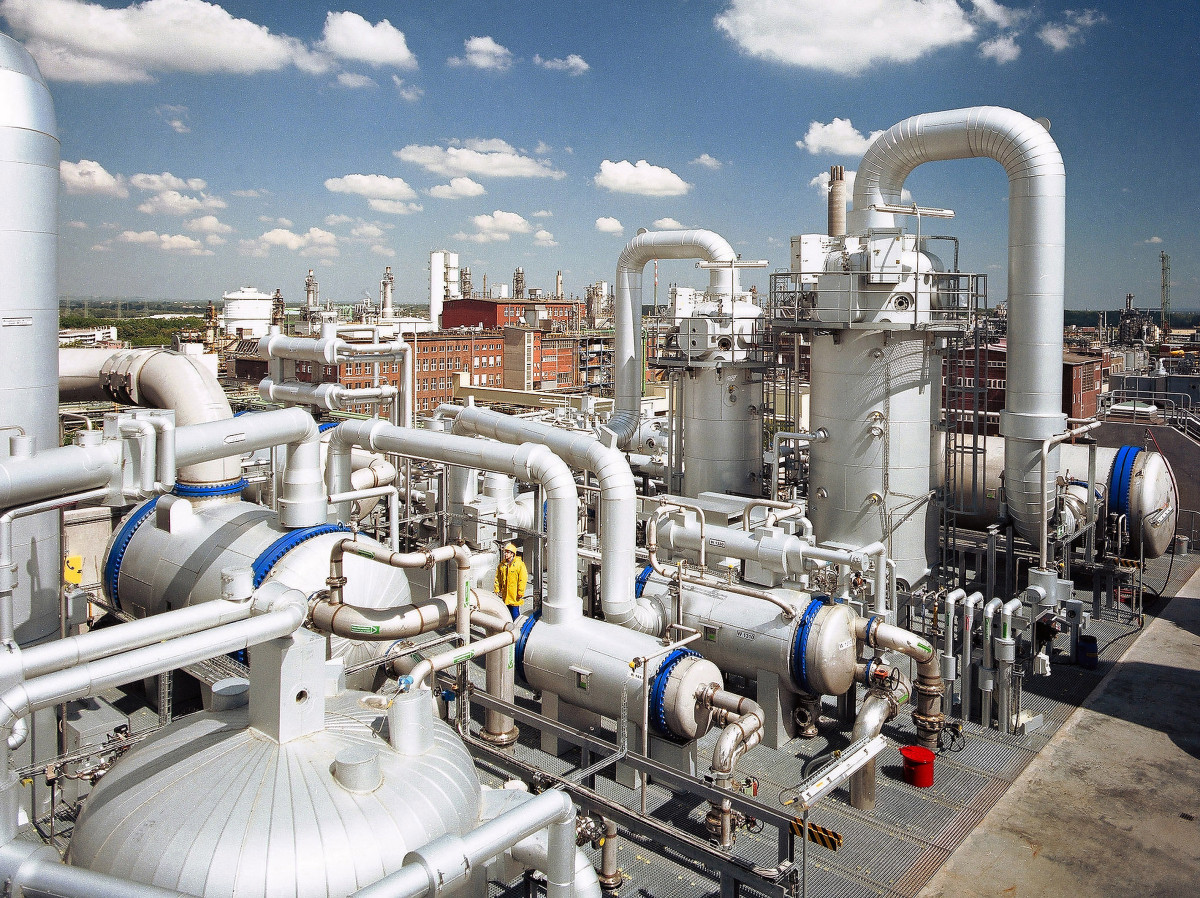Q&A – Germany plans to shield industry with electricity tax breaks, subsidies

Germany’s energy-intensive industry has been calling for lower electricity prices for many years. Its companies and associations regularly point to lower energy costs in countries such as the U.S. or China to warn that Germany could face de-industrialisation if it does not act to push prices down. So far, de-industrialisation has not materialised on a large scale. But the energy crisis, a dependency on imports from China, and U.S. President Joe Biden’s giant state support programme IRA, has given this issue renewed urgency in Germany, as well as Europe as a whole. German industry lobby group BDI called on the government to make support a priority this year to ensure energy-intensive companies stay competitive.
Amid the energy crisis fuelled by Russia’s war against Ukraine, both private and commercial consumers have faced drastic price increases for energy. The government has introduced temporary support schemes, but economy and climate minister Robert Habeck (Greens) had insisted on additional support because power prices remain 2-3 times higher than before the war. Habeck – mindful not only of rising energy prices but also Germany’s skill shortage, high investment needs, and depleted competitiveness - said at the end of last year that keeping industry in the country would be a central challenge for the government in 2023.

How much does industry pay for electricity in Germany?
There is currently no single power price for industrial consumers in Germany. Instead, there is an exceptionally broad range of prices. While German households in 2023 pay roughly 45 ct/kWh for their electricity - one of the highest rates in Europe - energy-intensive companies already pay significantly less because they are exempt from many taxes and levies [For more details, read our factsheet Industry power prices in Germany: Extremely high - and low].
What exactly has the government agreed to?
Germany’s three-party government coalition has agreed a “power price package” worth many billions of euros over the next five years, which are intended to provide relief to manufacturing industries faced with high power prices. The package includes lowering the electricity tax for at least two years, and extending and expanding existing subsidy schemes.
The package agreed among the leading party figures consists of several measures:
- Lowering the electricity tax for all manufacturing companies to the EU minimum in 2024/2025 of 0.05 cents per kilowatt hour (ct/kWh), from currently 1.537 ct/kWh (replaces current mechanism through which only energy-intensive companies are entitled for a reimbursement of large parts of the electricity tax); an extension for the years 2026-2028, provided the federal budget allows it
- Five-year extension of a subsidy scheme to compensate energy-intensive companies for parts of the CO2 costs for electricity under the EU Emissions Trading System (EU ETS); abolishes the rule that the first gigawatt hour is not compensated
- Five-year extension of the “super cap”, which limits total CO2 emissions trading costs for about 90 especially energy-intensive companies to a certain percentage of the company’s gross value added; abolishes the caveat that a certain base amount is not compensated
- A state subsidy to keep the rise of grid fees in check in 2024 (already decided)
What are the reactions to the plans?
Energy industry association BDEW said the package will support energy-intensive companies and contribute to Germany's competitiveness as a business location. The lobby group welcomed the fact that the government decided against a regulated electricity price: "We need price signals from the market for investments in energy efficiency and renewables, but also for the transformation of industrial processes," BDEW head Kerstin Andreae said.
The renewable energy association BEE also welcomed the move but said there were improvements still to be made. "The continuation of the existing electricity price compensation scheme, which offsets the cost of purchasing CO2 certificates, should be rejected," BEE head Simone Peter said. Otherwise, companies that have not yet committed to switching to renewable energies would be additionally subsidised, while those that have would be left empty-handed, she argued.
The trade union for mining, chemicals and energy industries (IGBCE) also welcomed the package and said it was an important first step, but argued that the measures are not enough to achieve a sustainable reduction in electricity prices for companies facing international competition. "In the view of the IGBCE, further specific measures, possibly targeted at affected companies, are necessary to achieve this," said the union's head, Michael Vassiliadis.
The chemicals industry association VCI echoed this judgement, saying the package "only solves a small part of the acute problems facing our industry" and does not provide additional relief to improve international competitiveness. The energy and power industry association VIK added that, while the measures were promising, these were no substitute to the "bridge" industry power price that had previously been discussed [see below for details]. It was important to secure an internationally competitive energy price level in the long term, it said.
The Cologne Institute for Economic Research (IW Köln) questioned the long-term effectiveness of the package, welcoming it as a whole but saying it is still unclear how effective it will be. "This is a much-needed step in terms of industrial and climate policy and should also make it more economically attractive for small and medium-sized companies to electrify their processes and thus reduce their emissions - without any new bureaucratic burden," it wrote in a press release. "It remains to be seen whether the agreed steps will be enough to stop the threat of deindustrialisation in the basic industries," the institute added, arguing that the package wasn't enough to create long-term planning security.
NGO Greenpeace was more critical of the proposal, saying the measures undermine incentives to reduce energy consumption and emissions. "In order to drive forward the climate-friendly restructuring of the economy, [the government] should provide targeted support to companies switching to energy-efficient production processes with renewable energies," energy expert at Greenpeace Bastian Neuwirth said.
Economic think tank FÖS also criticised the package, saying it was "counterproductive for the energy transition, not sufficiently targeted and therefore unnecessarily expensive for the federal budget." Companies will be given blanket relief without being obliged to make a contribution to climate protection, FÖS head Carolin Schenuit argued.
What had the economy ministry proposed to protect industry?
The economy ministry had originally proposed a “bridge electricity price” of 6 cents per kilowatt hour (ct/kWh) for a “clearly defined circle of recipients” until 2030. Energy-intensive firms would have qualified for the subsidy if they promised to decarbonise and to stay within the country. This would have required 25-30 billion euros in state funds until 2030. The parliamentary group of Germany’s Social Democrats (SPD) had presented a similar concept for reducing power prices for energy-intensive industry.
Industry lobby group BDI had supported the ministry’s initiative, which chemical industry association VCI called “a clear game changer” for international competitiveness. But the proposal had been controversial within the government from the start, drawing criticism from chancellor Olaf Scholz, a Social Democrat (SPD), and finance minister Christian Lindner, from the pro-business Free Democrats (FDP). Scholz said Germany “will not be able to sustain subsidising everything that takes place in normal economic activity in the long run.” A scientific advisory council to the finance ministry also said the subsidy scheme should not go ahead because it could prevent necessary industry transformation by keeping unviable companies alive.
Habeck’s proposal was also controversial among economists. In a survey by the Institute for Economic Research (ifo), a large majority of over 200 economists rejected Habeck’s proposal for industry electricity subsidies. The German Institute for Economic Research (DIW) said in a report that the subsidies would not be effective for the economy as a whole. Veronika Grimm, a member of Germany’s Council of Economic Experts, a government advisory body, warned that "keeping uncompetitive firms in business by means of an industrial electricity price” would undermine the country’s long-term competitiveness, and slow the transformation to climate neutrality. Four leading German economic institutes also spoke out against industry subsidies such as cushioning high power prices.
Why was the EU concerned about Habeck’s original plans?
Germany has repeatedly come under fire during the energy crisis for comparatively generous support for its domestic industry at the expense of fair competition within the European Union. Any new support scheme for industry would need approval from the EU based on state aid rules.
The EU was concerned that electricity subsidies would give German companies an unfair advantage. EU energy commissioner Kadri Simson warned the country that a cap on industry electricity costs would harm Europe’s single market and urged the government to back fairer reforms to ease power prices. “A lot of member states have different budgetary possibilities to subsidise their industry,” Simson said. “We have to take into account that there has to be fair competition in the EU.” The premiers of Germany’s 16 federal states urged the EU to allow the subsidies because high energy costs are an “acute obstacle” to the economic recovery.
The European Union in spring presented its own plans to boost net-zero industries in the bloc in an effort to keep up with other regions of the world, such as the U.S. and China. The commission proposed the obligation that future subsidies for low-carbon electricity generation would have to be made through so-called two-way Contracts for Difference (CfDs), which are agreements between an electricity generator and a public body (in this case the state), where a price of electricity is pre-arranged - usually by a competitive tender.
How else is Germany planning to support industry decarbonisation?
The package now agreed is not the only subsidy Germany’s government is planning in order to support energy-intensive industry. In early June, the country launched preparations for a novel subsidy programme in the form of so-called Carbon Contracts for Difference (CCfDs), which compensate energy-intensive companies for the extra costs of climate-friendly production to give them “the investment security they now need”. The contracts serve not only to protect the climate, but also to ensure the country’s industrial future in response to the U.S. green industry subsidy programme IRA, according to Habeck.
